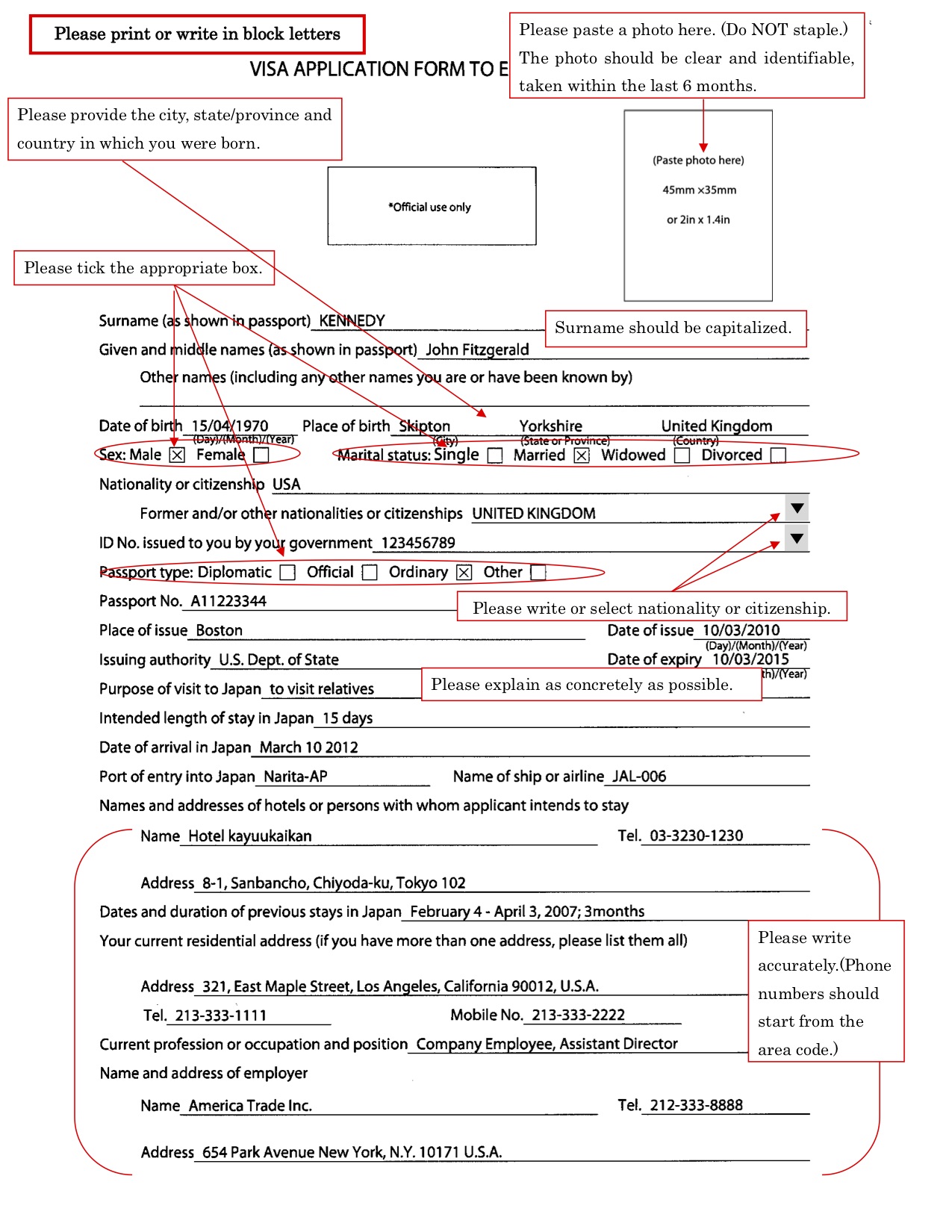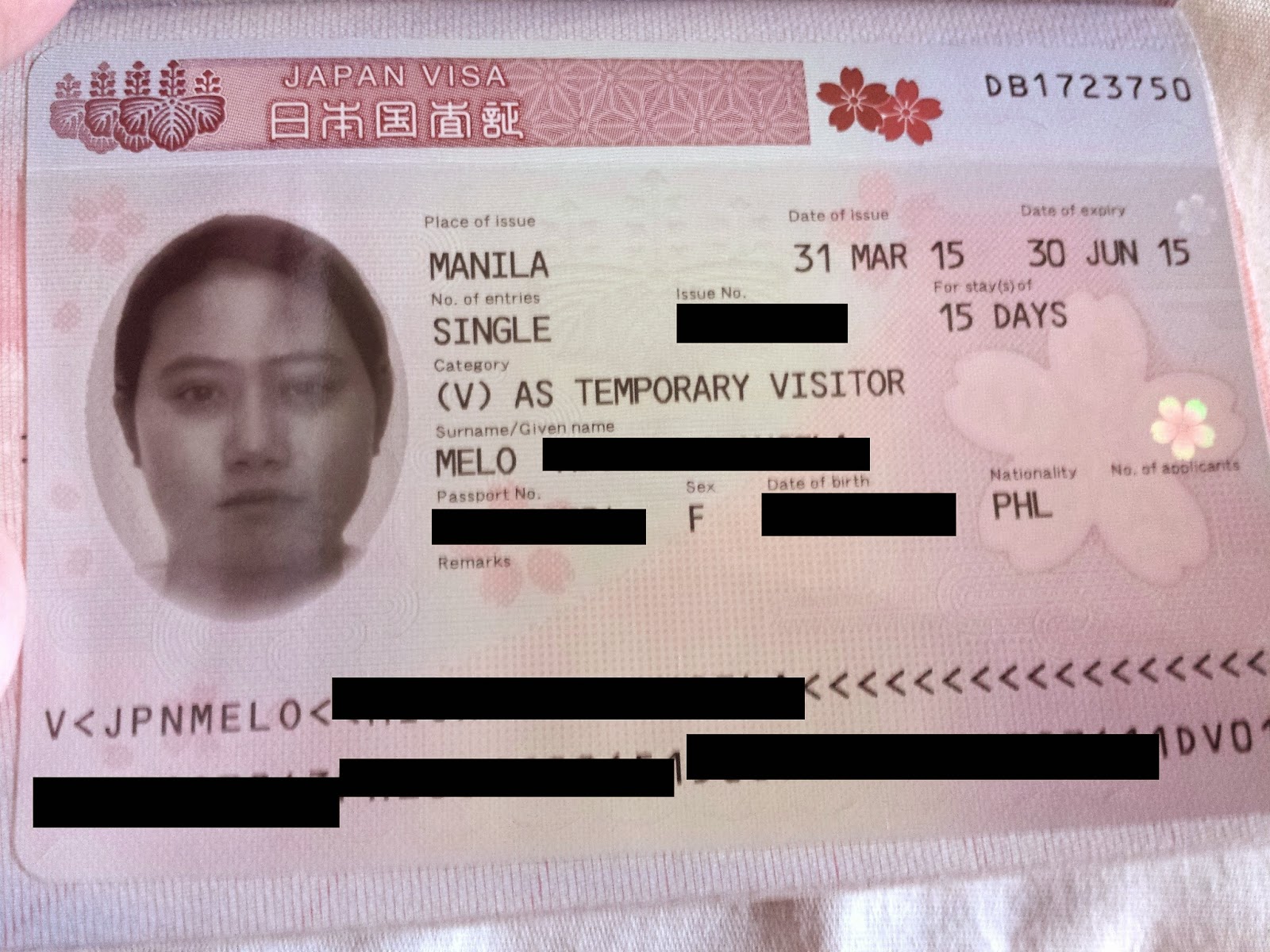- Introduction
- What is a Breeding Visa?
- Eligibility Requirements for a Breeding Visa
- Step-by-Step Application Process
- List of Required Documents
- Benefits of Holding a Breeding Visa
- Challenges and Solutions for Breeding Visa Applicants
- Living in Japan with a Breeding Visa
- Legal Rights and Responsibilities
- Conclusion
Introduction
Breeding visa Japan 2024 is an increasingly popular topic among expats and foreign nationals planning to reside in Japan for an extended period. Japan, known for its rich culture, technological advancements, and high quality of life, offers various visa options to cater to different needs. Among these, the breeding visa is a specialized category designed for individuals who wish to start or expand their families in Japan while maintaining legal residency.
As of 2024, Japan continues to refine its immigration policies to attract skilled workers, investors, and families who contribute to the country’s demographic and economic growth. The breeding visa, while not an official term, refers to visas that allow foreign nationals to live in Japan with the intention of raising children. This visa type is particularly relevant for families or couples planning to have children in Japan, as it ensures access to healthcare, education, and other essential services.
This article provides a detailed guide on the breeding visa Japan 2024, covering eligibility requirements, the application process, benefits, challenges, and tips for living in Japan. Whether you’re planning to relocate for family reasons or seeking clarity on Japan’s immigration policies, this guide will equip you with the knowledge needed to navigate the process effectively.
Read also:Jon Scot Taylor A Comprehensive Guide To His Life Career And Achievements
What is a Breeding Visa?
The term "breeding visa" is not an official designation in Japan's immigration system but is commonly used to describe visas that allow foreign nationals to reside in Japan for family-related purposes. These visas are particularly relevant for couples or individuals who plan to have children or raise a family in Japan. The most common visa types that fall under this category include the Spouse or Child of Japanese National Visa, the Spouse or Child of Permanent Resident Visa, and the Designated Activities Visa.
The primary purpose of these visas is to support family unity and provide a legal framework for foreign nationals to contribute to Japan’s society. For example, the Spouse of Japanese National Visa allows foreign spouses to live and work in Japan, while the Designated Activities Visa may be granted for specific purposes, such as childcare or family-related activities.
It’s important to note that the breeding visa Japan 2024 is not a standalone visa category but rather a collective term for visas that facilitate family life in Japan. These visas are part of Japan’s broader immigration strategy to address demographic challenges, such as its declining birthrate and aging population.
Eligibility Requirements for a Breeding Visa
To qualify for a breeding visa in Japan, applicants must meet specific eligibility criteria depending on the type of visa they are applying for. Below are the general requirements for the most common visa categories:
Spouse or Child of Japanese National Visa
- Proof of marriage to a Japanese national (marriage certificate).
- Valid passport and identification documents.
- Financial stability to support yourself and your family.
Spouse or Child of Permanent Resident Visa
- Proof of marriage or relationship to a permanent resident of Japan.
- Documentation showing the permanent resident’s status.
- A clean criminal record and good moral standing.
Designated Activities Visa
- A specific reason for applying, such as childcare or family-related activities.
- Approval from the Japanese Ministry of Justice.
- Proof of financial support or sponsorship.
Additionally, all applicants must pass a health screening and provide evidence of their intent to reside in Japan for family purposes. Meeting these requirements ensures that applicants align with Japan’s immigration policies and contribute positively to the country’s social fabric.
Step-by-Step Application Process
Applying for a breeding visa Japan 2024 involves a structured process that requires careful preparation and attention to detail. Below is a step-by-step guide to help you navigate the application process:
Read also:Rashmika Mantena Rising Star In Bollywoods Sky
Step 1: Determine the Appropriate Visa Category
Identify the visa category that best suits your situation. For example, if you are married to a Japanese national, you should apply for the Spouse or Child of Japanese National Visa.
Step 2: Gather Required Documents
Collect all necessary documents, including your passport, marriage certificate, proof of financial stability, and any other supporting materials. Ensure that all documents are translated into Japanese if they are in another language.
Step 3: Submit Your Application
Submit your application to the nearest Japanese embassy or consulate in your home country. Some applications may also be processed through Japan’s Immigration Services Agency if you are already in Japan.
Step 4: Attend an Interview
In some cases, you may be required to attend an interview to verify the authenticity of your relationship or the purpose of your stay.
Step 5: Await Approval
Processing times vary depending on the visa category and the volume of applications. Once approved, you will receive a Certificate of Eligibility (COE), which you can use to enter Japan.
Following these steps diligently will increase your chances of a successful application and ensure a smooth transition to life in Japan.
List of Required Documents
When applying for a breeding visa Japan 2024, it is crucial to prepare all required documents to avoid delays or rejections. Below is a comprehensive list of documents typically needed for the application process:
- Passport: A valid passport with at least six months of validity.
- Marriage Certificate: If applying as a spouse, provide a certified copy of your marriage certificate.
- Proof of Relationship: Documents proving your relationship to a Japanese national or permanent resident.
- Financial Documents: Bank statements, employment letters, or tax returns to demonstrate financial stability.
- Health Certificate: A medical report confirming good health and the absence of contagious diseases.
- Application Form: Completed visa application form, available on the Japanese embassy or consulate’s website.
- Photographs: Recent passport-sized photos meeting Japan’s visa photo requirements.
Ensure that all documents are accurate, up-to-date, and translated into Japanese if necessary. Incomplete or incorrect documentation can lead to application delays or denials.
Benefits of Holding a Breeding Visa
Obtaining a breeding visa Japan 2024 offers numerous benefits for foreign nationals planning to start or expand their families in Japan. Below are some of the key advantages:
- Legal Residency: A breeding visa grants you the right to reside in Japan legally, ensuring access to essential services such as healthcare and education.
- Work Authorization: Many breeding visas, such as the Spouse of Japanese National Visa, allow holders to work without additional permits.
- Family Unity: These visas enable families to stay together, fostering a supportive environment for raising children.
- Access to Public Services: Visa holders can access Japan’s world-class healthcare system, public schools, and social welfare programs.
- Path to Permanent Residency: Holding a breeding visa can be a stepping stone to obtaining permanent residency in Japan.
These benefits make the breeding visa an attractive option for families seeking stability and opportunities in Japan.
Challenges and Solutions for Breeding Visa Applicants
While the breeding visa Japan 2024 offers numerous advantages, applicants may encounter challenges during the application process. Below are some common challenges and practical solutions:
Challenge 1: Complex Documentation
Gathering and translating documents can be time-consuming and confusing. To address this, seek assistance from a certified translator or immigration consultant familiar with Japan’s requirements.
Challenge 2: Language Barrier
Language differences may pose difficulties in communication and document preparation. Enroll in Japanese language classes or use translation services to bridge the gap.
Challenge 3: Long Processing Times
Visa processing times can vary, causing uncertainty for applicants. Submit your application well in advance and track its status through the embassy or consulate.
Challenge 4: Cultural Differences
Adapting to Japan’s cultural norms and expectations may require effort. Research Japanese customs and traditions to ease the transition.
By proactively addressing these challenges, applicants can enhance their chances of a successful application and a smooth relocation experience.
Living in Japan with a Breeding Visa
Once you’ve obtained a breeding visa Japan 2024, you’ll need to adapt to life in Japan. This section explores housing options and education opportunities for families raising children in Japan.
Housing Options
Finding suitable housing is a priority for families relocating to Japan. Popular options include:
- Apartments: Compact and affordable, apartments are ideal for small families.
- Detached Houses: Larger families may prefer single-family homes with more space.
- Public Housing: Available for low-income families, public housing offers affordable rent.
Education for Children
Japan’s education system is renowned for its quality. Key points to consider include:
- Public Schools: Free and accessible for children of visa holders.
- International Schools: Offer curricula in English for expat families.
- Daycare Centers: Provide childcare services for working parents.
Understanding these aspects will help you create a comfortable and supportive environment for your family in Japan.
Legal Rights and Responsibilities
Holders of a breeding visa Japan 2024 are entitled to certain legal rights and must fulfill specific responsibilities. Below is an overview:
- Rights: Access to healthcare, education, and social welfare programs.
- Responsibilities: Compliance with Japanese laws, timely visa renewals, and tax obligations.
- Support Services: Assistance from local municipalities and immigration offices for visa-related queries.
Understanding your rights and responsibilities ensures a harmonious and lawful stay in Japan.
Conclusion
In conclusion, the breeding visa Japan 2024 is a valuable option for families and individuals seeking to build a life in Japan. This guide has covered the eligibility requirements, application process, benefits, challenges, and practical tips for living in Japan. By understanding the nuances of this visa category, you can make informed decisions and navigate the process with confidence.
If you’re considering applying for a breeding visa, start by gathering the necessary documents and researching your chosen visa category. Share your thoughts or questions in the comments below, and explore our other articles for more insights on living and working in Japan. Your journey to Japan begins here!

